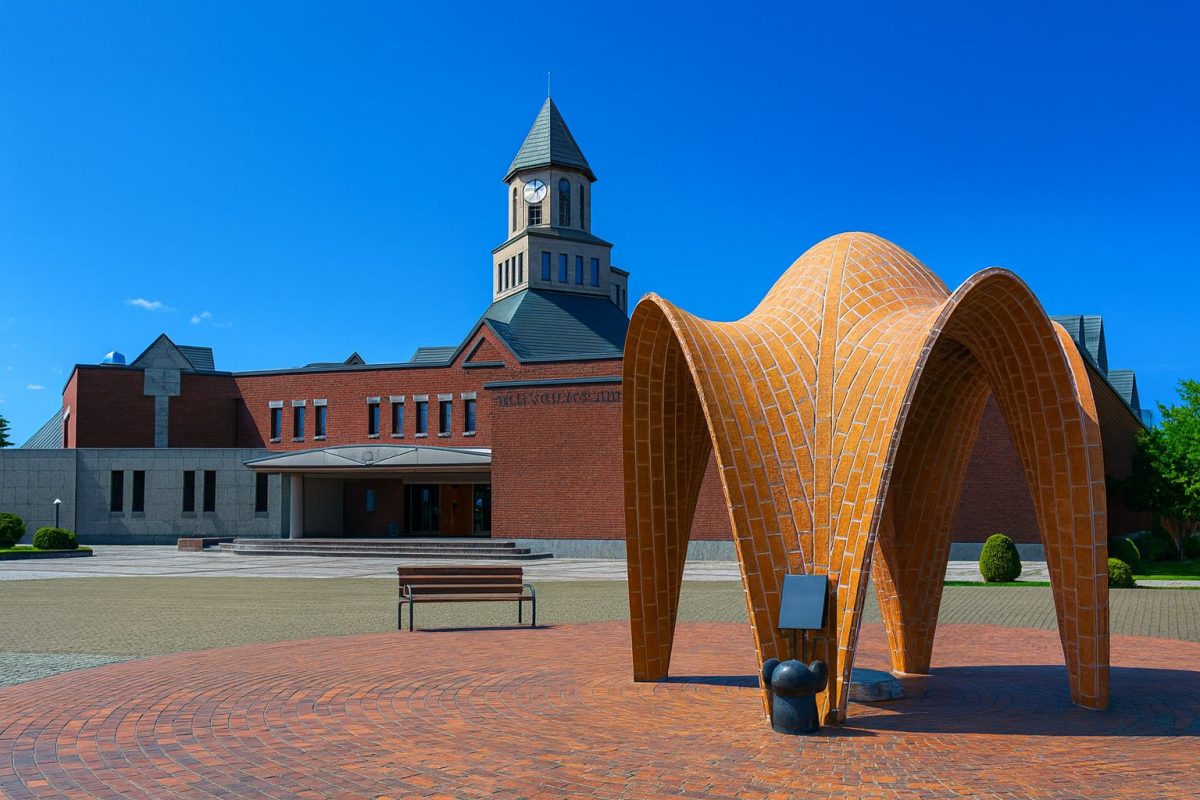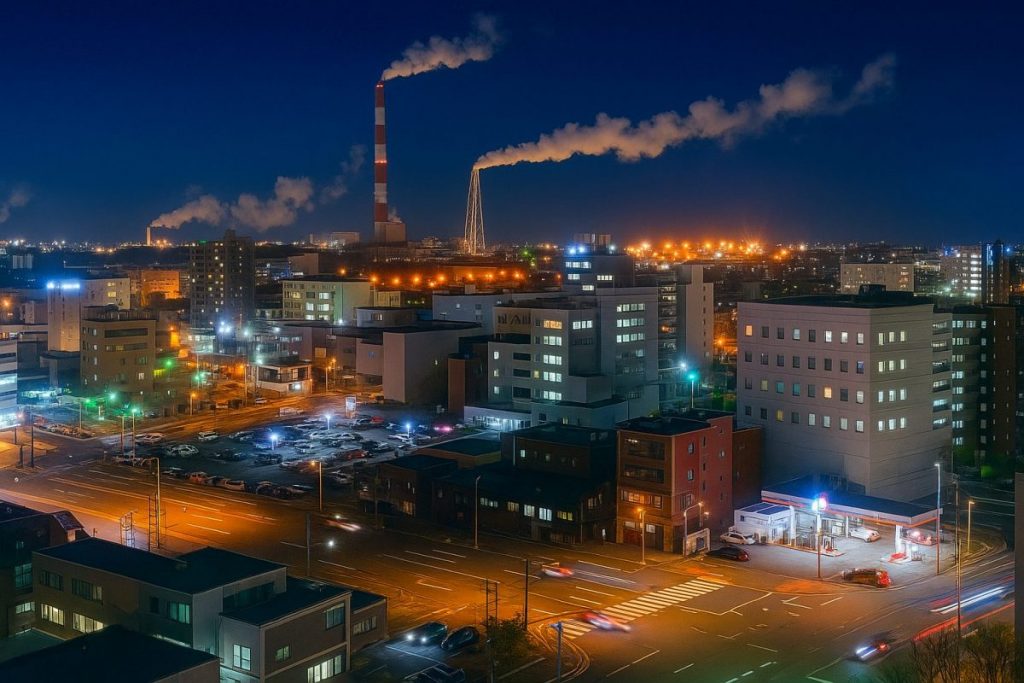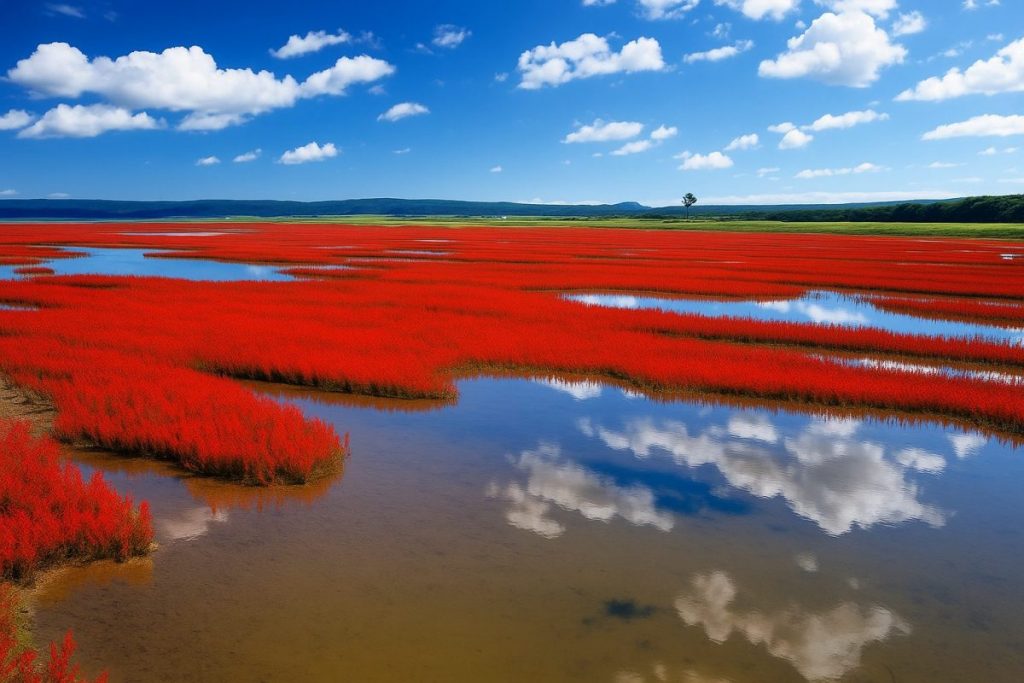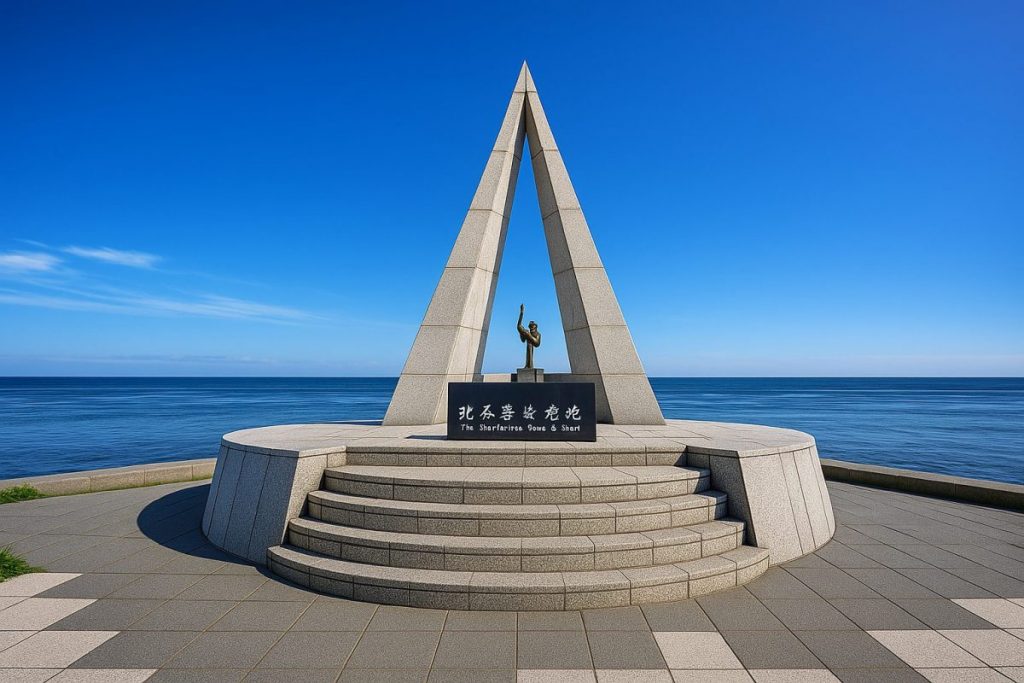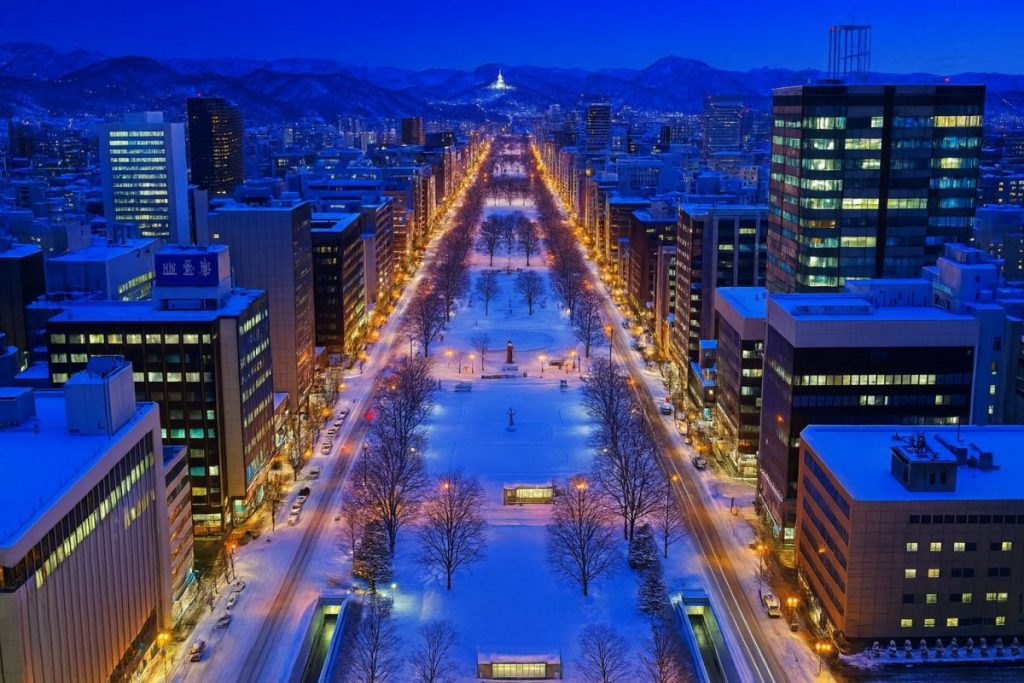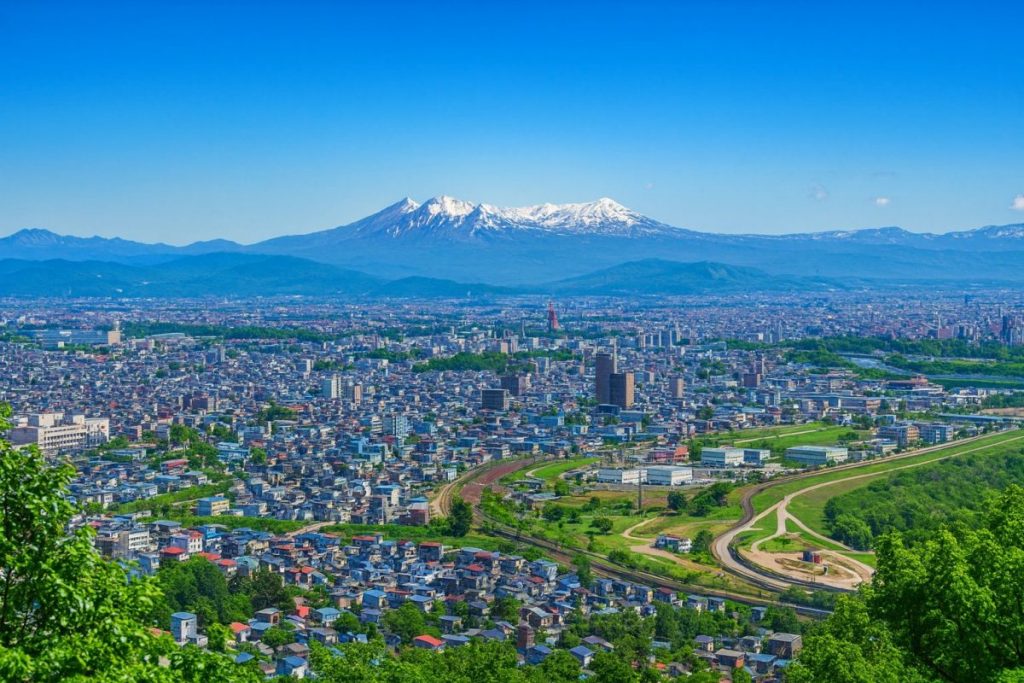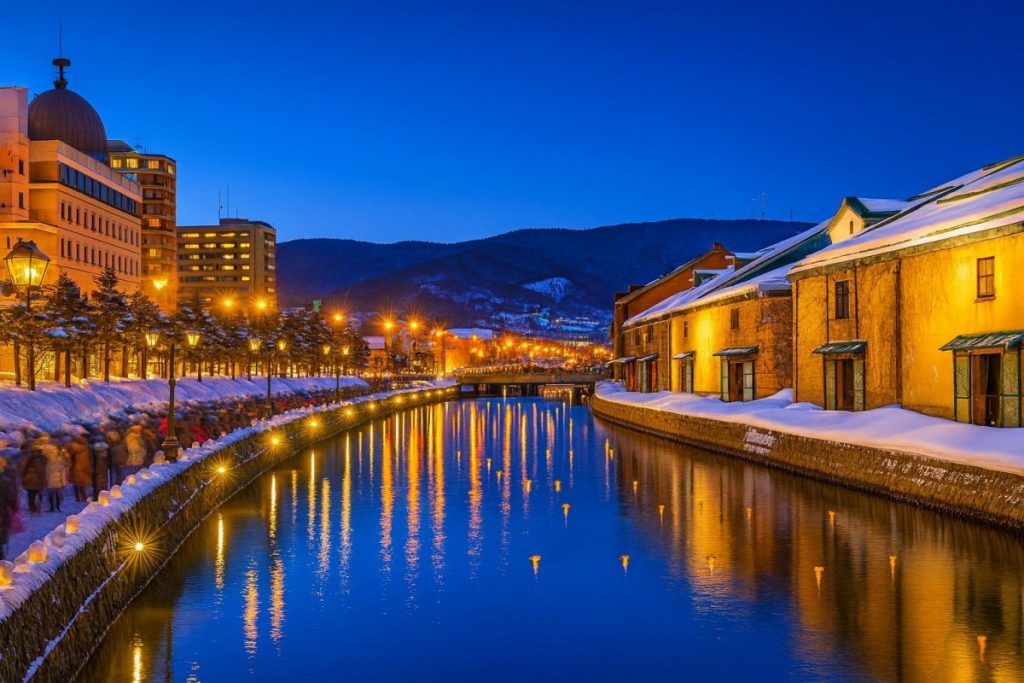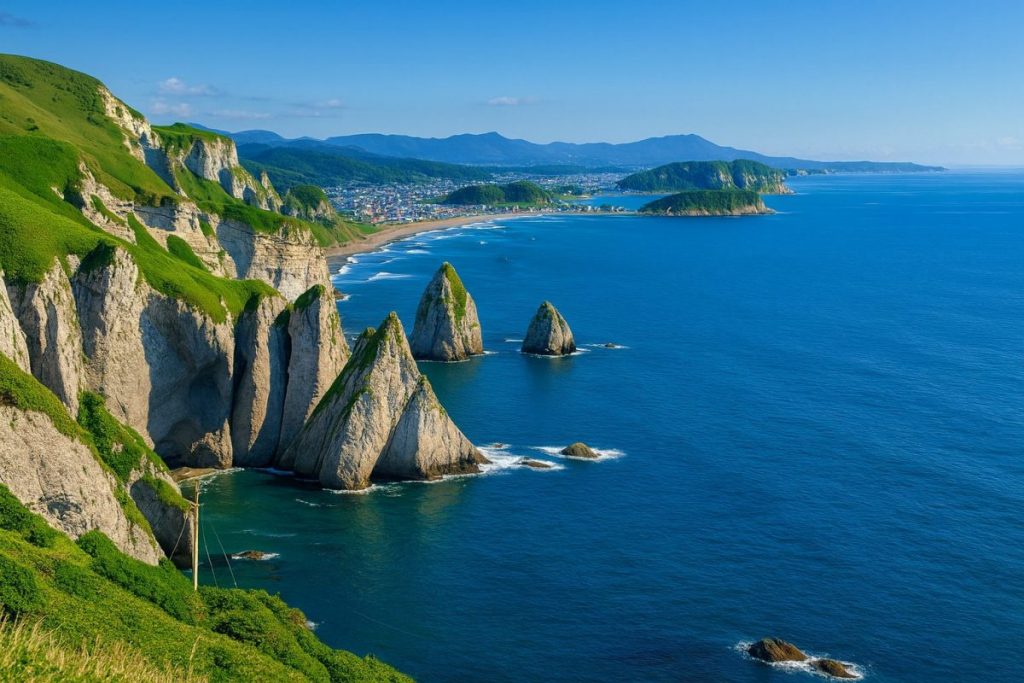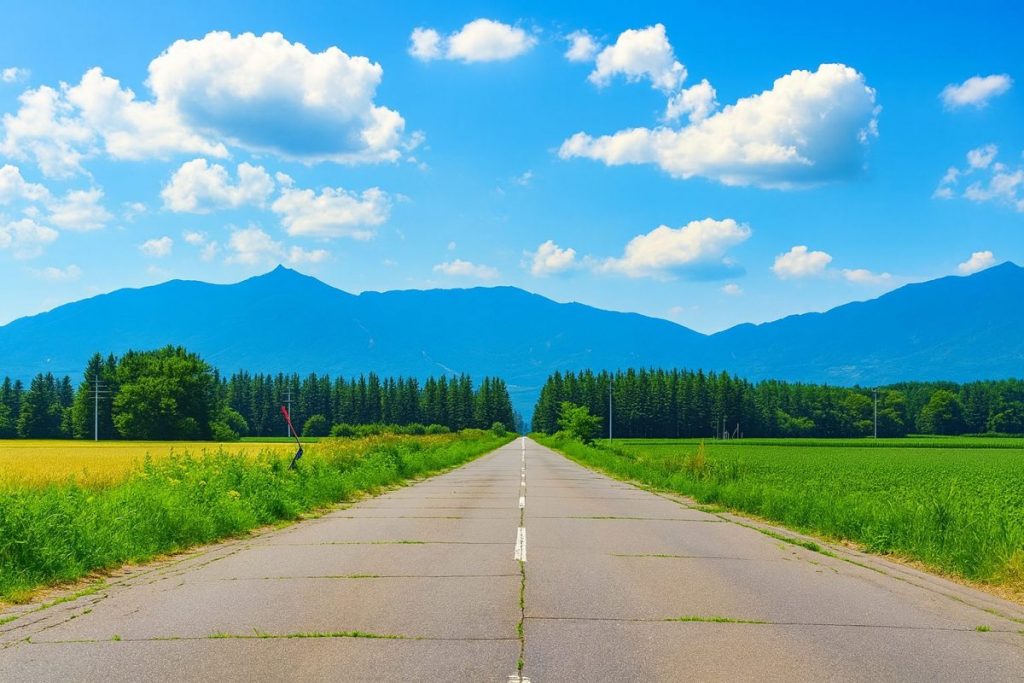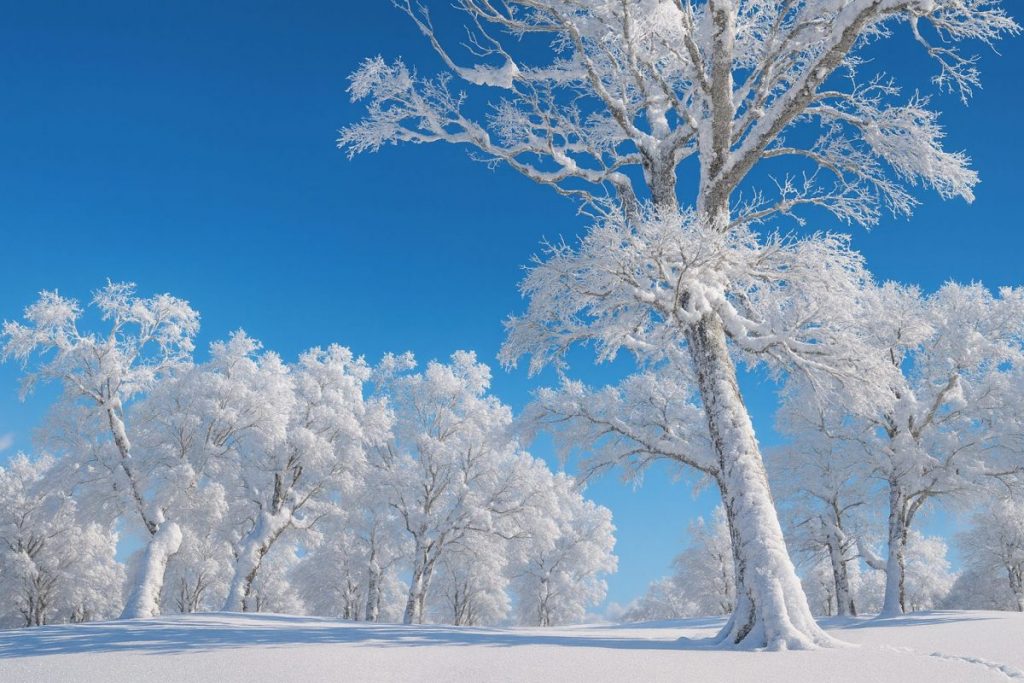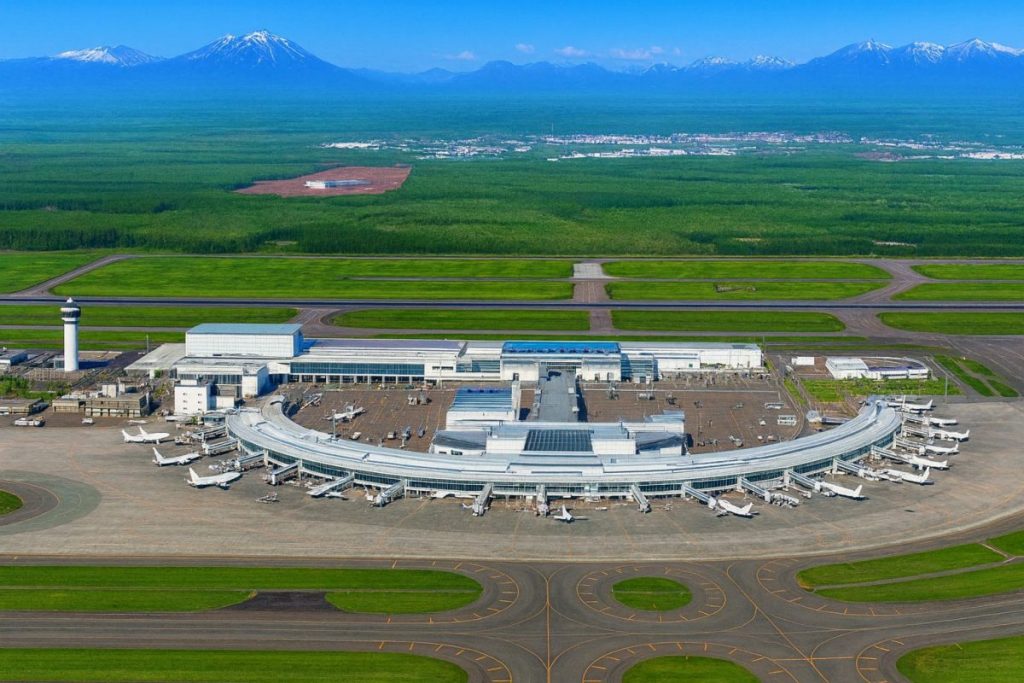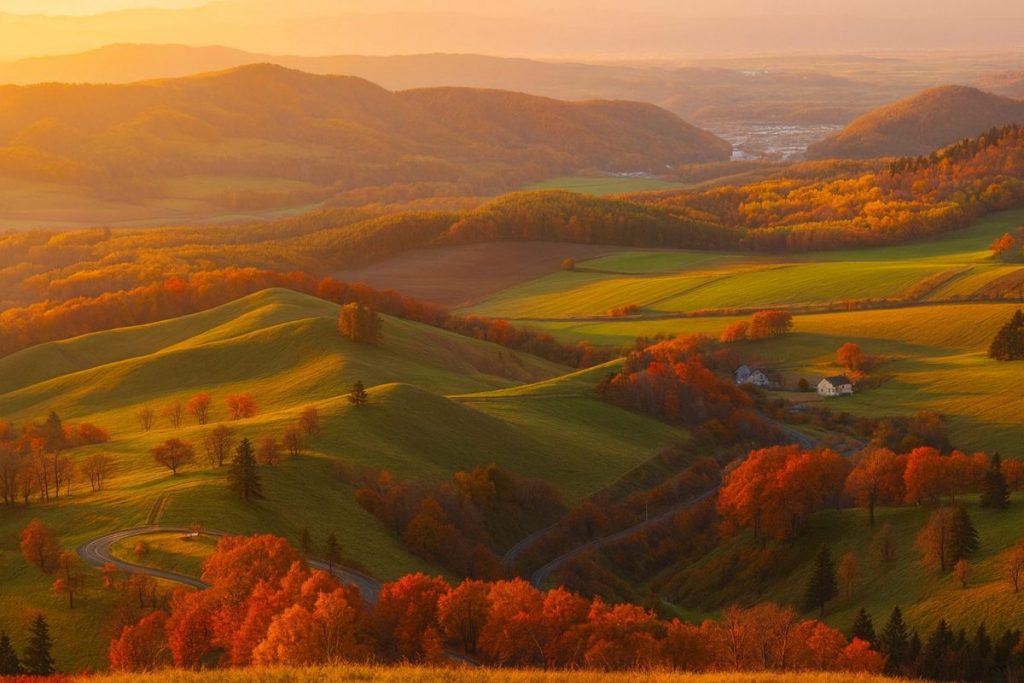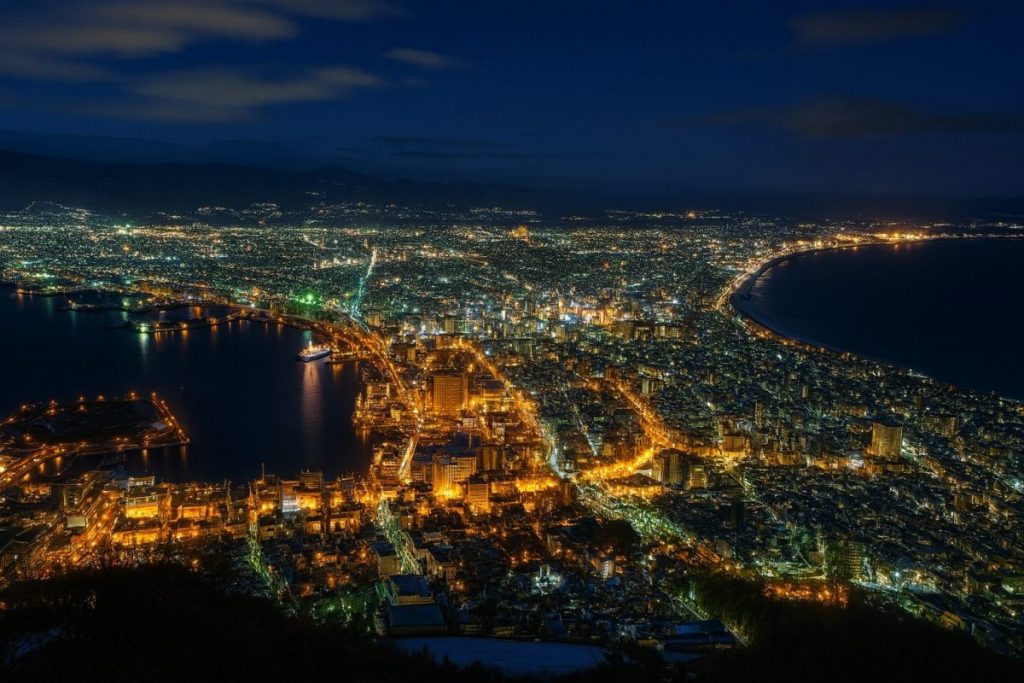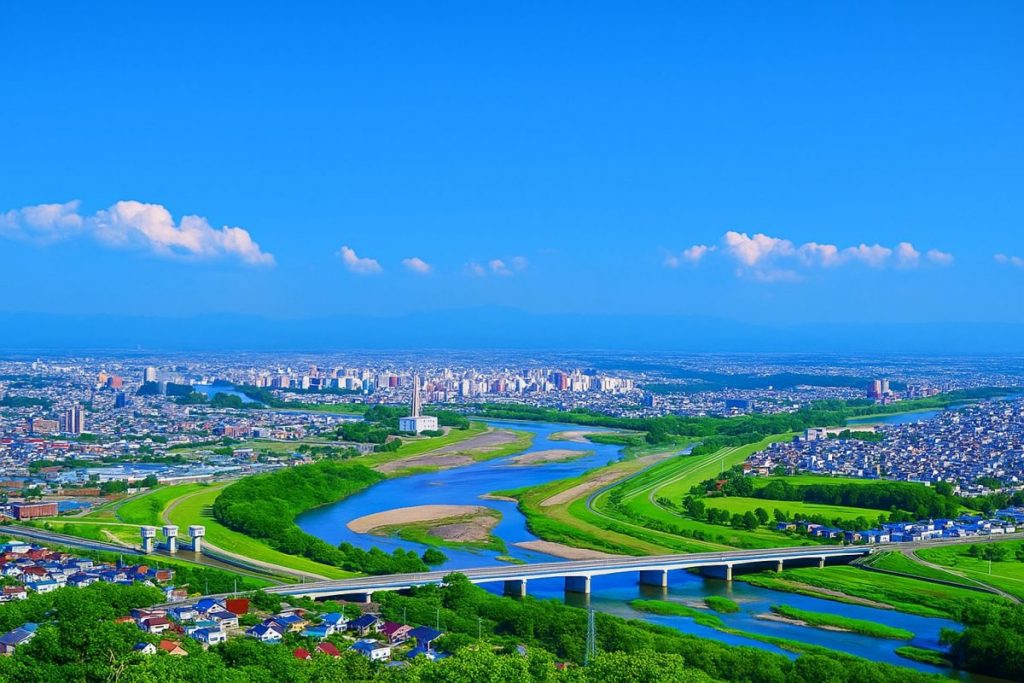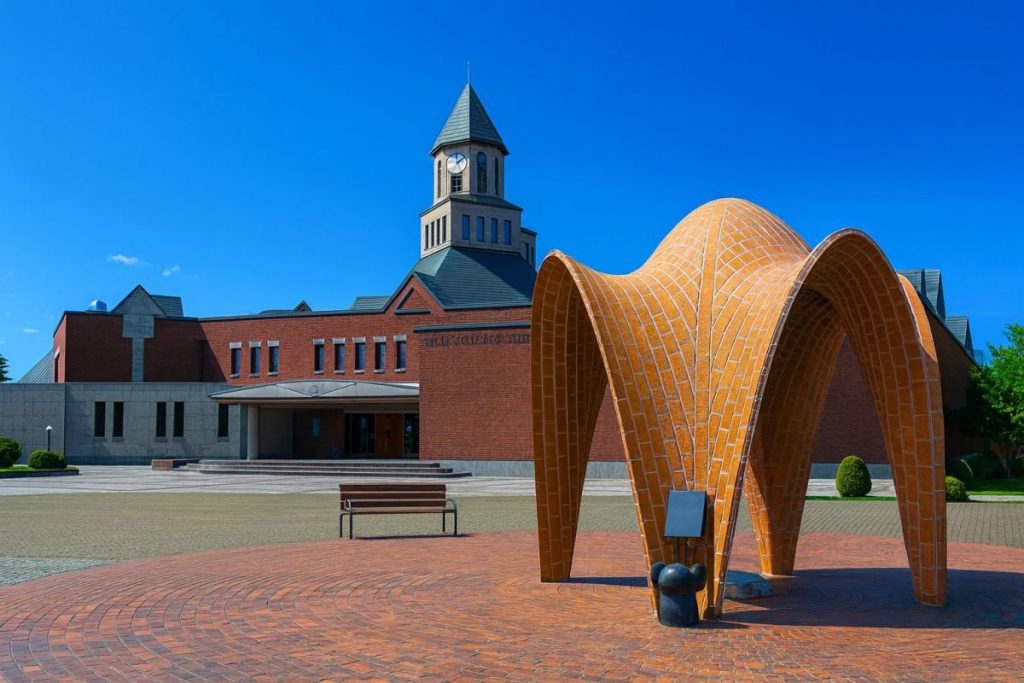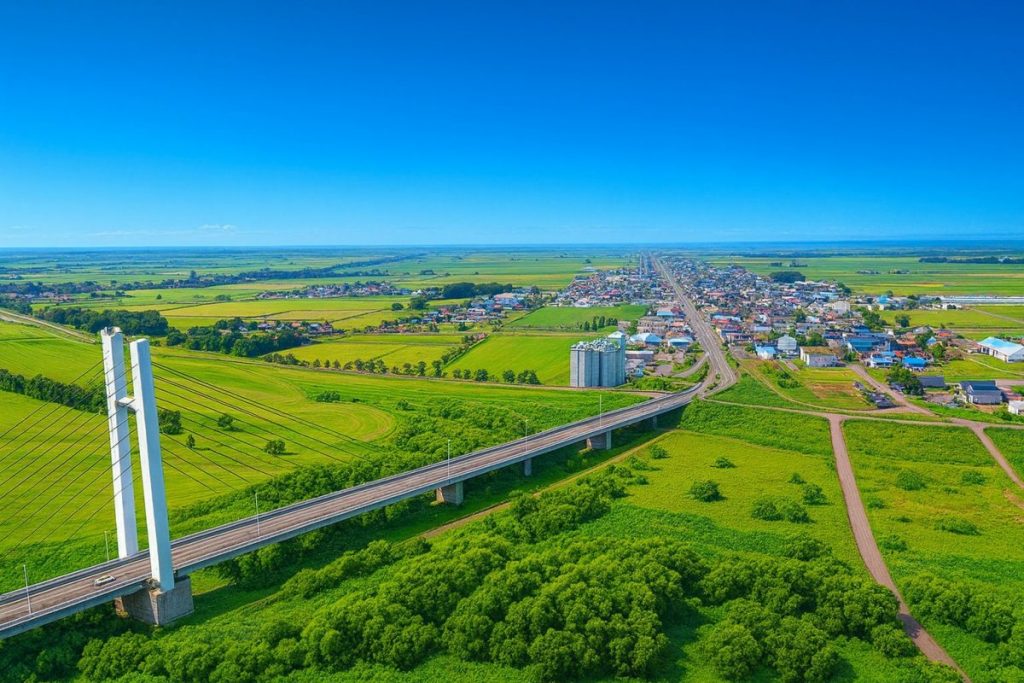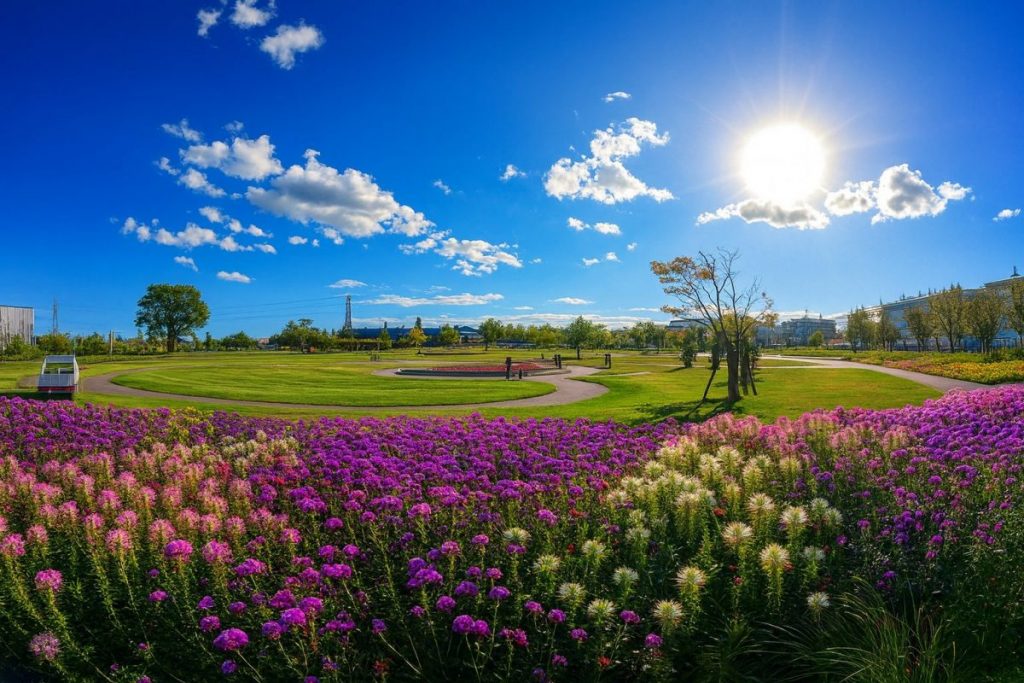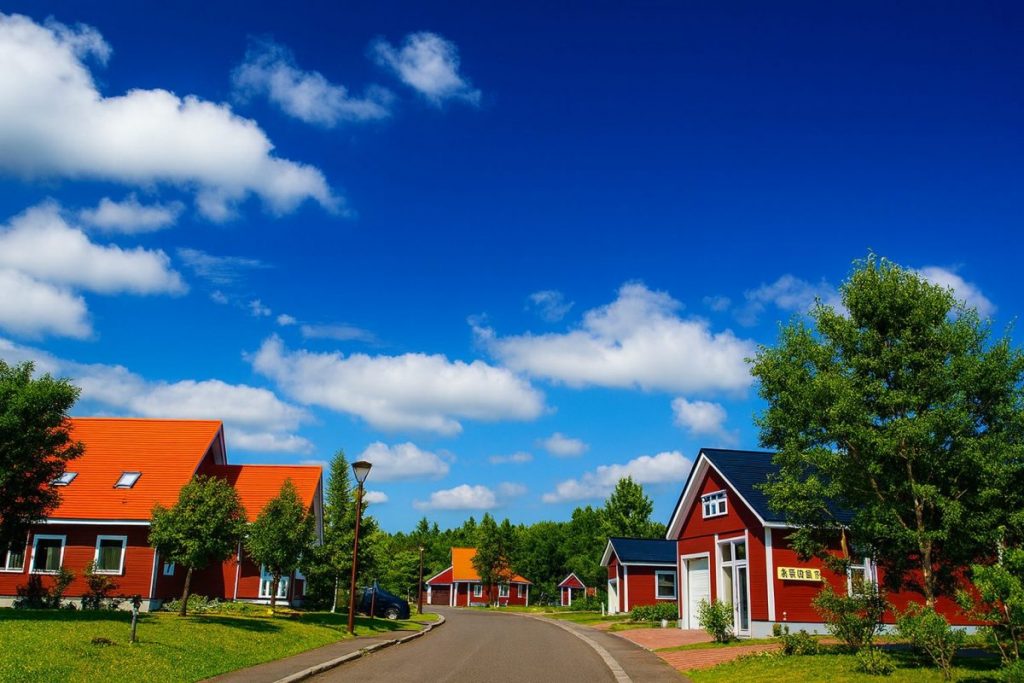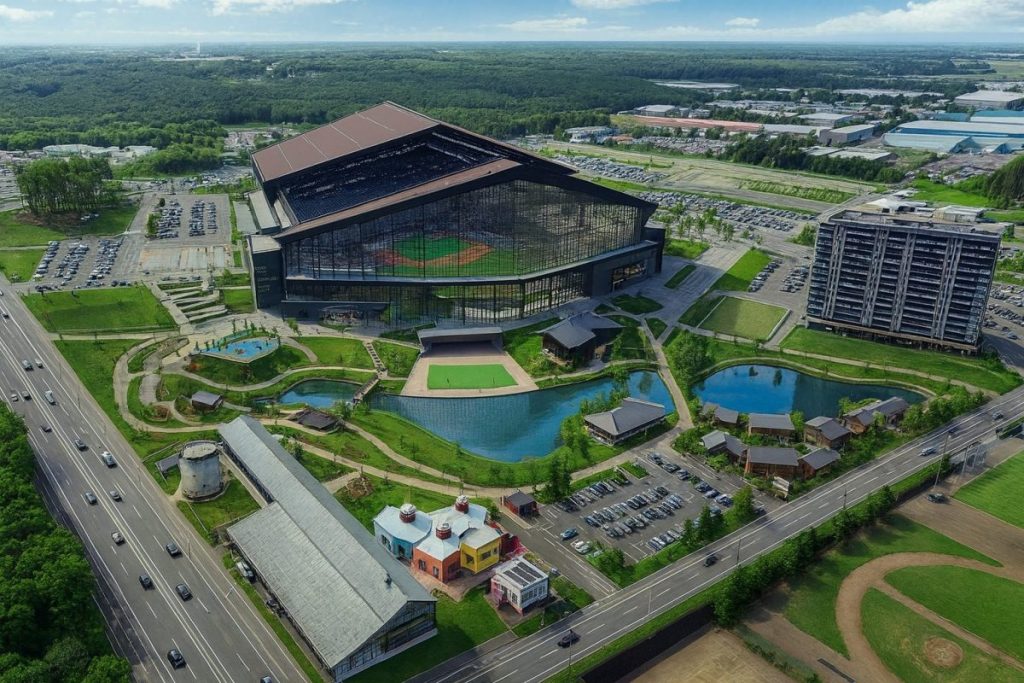| population | 117,874 peoples |
|---|---|
| area | 187.38 km² |
| population density | 629 peoples/km² |
Located in the heart of the Ishikari Plain, Ebetsu City, Hokkaido, is a beautiful and balanced city where urban life and nature coexist in harmony. Adjacent to Sapporo to the west, it has developed as both a residential and academic hub while maintaining its rich history and rural charm. Influenced by Ainu culture and shaped by the pioneering efforts of the Meiji era, Ebetsu is renowned as “The City of Brick and Green.” The city’s traditional brick industry, dating back to the 1890s, has earned recognition as a Hokkaido Heritage. Economically, Ebetsu thrives through a combination of agriculture and manufacturing—its fertile lands produce rice, wheat, and dairy products, while the industrial zones are home to paper, food, and IT-related companies. The four seasons bring dynamic changes to the landscape: brilliant summer greens, vibrant autumn leaves, and snowy winters where diamond dust can sometimes be seen. Ebetsu is also known as a university town with institutions such as Rakuno Gakuen University and Sapporo Gakuin University, giving the city a youthful and academic atmosphere. The local dialect, known as “Ebetsu-ben,” along with a strong sense of community and hospitality, creates a warm and welcoming environment.
Culture and Traditions
Ebetsu’s culture reflects a blend of Ainu heritage and the pioneering spirit of the Meiji settlers. The Ebetsu Tonden Historical Museum (former headquarters of the 2nd Nopporo Tonden Battalion) preserves the life and history of early settlers, providing valuable insight into how the region evolved.
Surrounded by vast greenery, the Nopporo Forest Park stands as one of the largest flatland forests in Japan and is a designated Prefectural Natural Park. It offers walking trails, birdwatching areas, and picnic grounds, making it a favorite among residents and visitors alike. Locals often use gentle expressions in the regional dialect “Ebetsu-ben,” which strengthens community ties and reflects their kindhearted character.
Throughout the year, the city hosts vibrant festivals such as the Ebetsu Yakimono Ceramic Festival and the Ebetsu Hokkai Naruko Dance Festival, both of which draw large crowds from across Hokkaido. These events showcase local artistry, traditional music, and community pride. Ebetsu’s culture emphasizes intergenerational connections, where even children take part in traditional crafts and local festivities, ensuring the continuation of heritage and craftsmanship into the future.
Local Specialties
- Ebetsu Brick: The city’s brickmaking began in 1891 and continues today. Recognized as a “Hokkaido Heritage,” Ebetsu’s red bricks define the cityscape. The former brick factory has been transformed into EBRI (Ebetsu Brick Industry Reuse), a trendy cultural complex featuring cafés, craft shops, and galleries.
- Ebetsu Wheat Products: Locally grown varieties such as “Haruyutaka” and “Haruyokoi” are famous nationwide. The Ebetsu Flour Mill produces high-quality flour used for ramen noodles, bread, and sweets, making Ebetsu a hub for wheat-based cuisine.
- Ezo Tajima Beef: A premium wagyu breed developed locally since the 1970s, known for its tender texture and rich flavor. Served in select Ebetsu restaurants and butcher shops.
- Mizuho no Shizuku Sake: A special junmai sake brewed by Kobayashi Sake Brewery in nearby Kuriyama, using Ebetsu-grown “Suisei” sake rice. It’s a smooth, elegant sake available exclusively in Ebetsu.
- Vegetables: Ebetsu leads Hokkaido in broccoli and lettuce production. Thanks to its proximity to Sapporo, fresh local produce is supplied daily to urban markets and restaurants.
- Dairy Products: Rakuno Gakuen University produces premium milk, cheese, and ice cream that can be purchased directly from its campus shop, highlighting Ebetsu’s agricultural excellence.
Annual Events
- Ebetsu Snow Festival (February): A beloved winter event featuring snow sculptures, illuminations, and family-friendly attractions across the city.
- Ebetsu Yakimono Ceramic Festival (July): One of Hokkaido’s largest pottery events, held near the Ebetsu Community Center. Ceramic artists from all over Japan exhibit and sell their works.
- Ebetsu Hokkai Naruko Dance Festival (July): Colorful teams dance with traditional “naruko” clappers, creating an energetic and festive atmosphere throughout downtown Ebetsu.
- Ebetsu Citizen Festival (Late July – Early August): The city’s largest summer celebration with parades, food stalls, and a spectacular fireworks display.
- Ebetsu Autumn Harvest Festival (October): A seasonal market celebrating the bounty of local farms—fresh produce, new rice, and local delicacies are on full display.
Access
- By Air: The nearest airport is New Chitose Airport. From there, take the JR Rapid Airport Line to Sapporo Station, then transfer to the Hakodate Main Line for a 20-minute ride to Ebetsu.
- By Train: The JR Hakodate Main Line runs through the city with five stations: Oasa, Nopporo, Takasago, Ebetsu, and Toyohoro. The journey from Sapporo takes about 20 minutes.
- By Car: About 40 minutes from central Sapporo via Route 12. The city is accessible from the Dōō Expressway through the Ebetsu-Nishi and Ebetsu-Higashi interchanges.
- By Bus: Regular services operated by Hokkaido Chuo Bus and JR Hokkaido Bus connect Ebetsu with Sapporo and New Chitose Airport.
- By Bicycle: A scenic cycling route along Route 12 connects Sapporo and Ebetsu, taking roughly 1.5 hours, making it a favorite for local cyclists.
Tourist Attractions
- Nopporo Forest Park – One of Japan’s largest urban forests, offering hiking trails and observation spots. Designated as one of the “100 Forest Bathing Sites of Japan.”
- EBRI – A renovated red-brick factory turned cultural complex with cafés, artisan stores, and galleries showcasing local craftsmanship.
- Ebetsu Ceramic Art Center – A museum dedicated to ceramics, offering exhibitions and hands-on pottery workshops.
- Ebetsu Local History Museum – Exhibits on Ebetsu’s development, Ainu heritage, and brickmaking history.
- Nishikiyama Tenmangu Shrine – A revered Shinto shrine dedicated to the deity of learning, attracting students praying for academic success.
- Izumi-no-Numa Park – A peaceful park along the Chitose River, home to ducks and swans, perfect for birdwatching and relaxation.
Related Links
List of Major Cities in Hokkaido
-
Complete Guide to Kushiro City, Hokkaido | Tourism, Culture, Local Products, Access Information
-
Complete Guide to Tomakomai City, Hokkaido | Tourism, Culture, Local Products, Access Information
-
Complete Guide to Abashiri City, Hokkaido | Tourism, Culture, Local Products, and Access Information
-
Complete Guide to Monbetsu City, Hokkaido | Tourism, Culture, Local Products, Access Information
-
Complete Guide to Wakkanai City, Hokkaido | Tourism, Culture, Local Products, and Access Information
-
Complete Guide to Rumoi City, Hokkaido | Tourism, Culture, Local Products, and Access Information
-
Complete Guide to Sapporo City, Hokkaido | Tourism, Culture, Local Products, Access Information
-
Complete Guide to Asahikawa City, Hokkaido | Tourism, Culture, Local Products, Access Information
-
Complete Guide to Otaru City, Hokkaido | Tourism, Culture, Local Products, and Access Information
-
Complete Guide to Muroran City, Hokkaido | Tourism, Culture, Local Products, and Access Information
-
Complete Guide to Obihiro City, Hokkaido | Tourism, Culture, Local Products, and Access Information
-
Complete Guide to Nayoro City, Hokkaido | Tourism, Culture, Local Products, and Access Information
-
Complete Guide to Chitose City, Hokkaido | Tourism, Culture, Local Products, and Access Information
-
Complete Guide to Kitami City, Hokkaido | Tourism, Culture, Local Products, Access Information
-
Complete Guide to Hakodate City, Hokkaido | Tourism, Culture, Local Products, Access Information
Ishikari General Subprefecture List
-
Complete Guide to Ishikari City, Hokkaido | Tourism, Culture, Local Products, and Access Information
-
Complete Guide to Ebetsu City, Hokkaido | Tourism, Culture, Local Products, and Access Information
-
Complete Guide to Sapporo City, Hokkaido | Tourism, Culture, Local Products, Access Information
-
Complete Guide to Shinshinotsu Village, Hokkaido | Tourism, Culture, Local Products, and Access Information
-
Complete Guide to Eniwa City, Hokkaido | Tourism, Culture, Local Products, and Access Information
-
Complete Guide to Tōbetsu Town, Hokkaido | Tourism, Culture, Local Products, and Access Information
-
Complete Guide to Chitose City, Hokkaido | Tourism, Culture, Local Products, and Access Information
-
Complete Guide to Kitahiroshima City, Hokkaido | Tourism, Culture, Local Products, and Access Information
